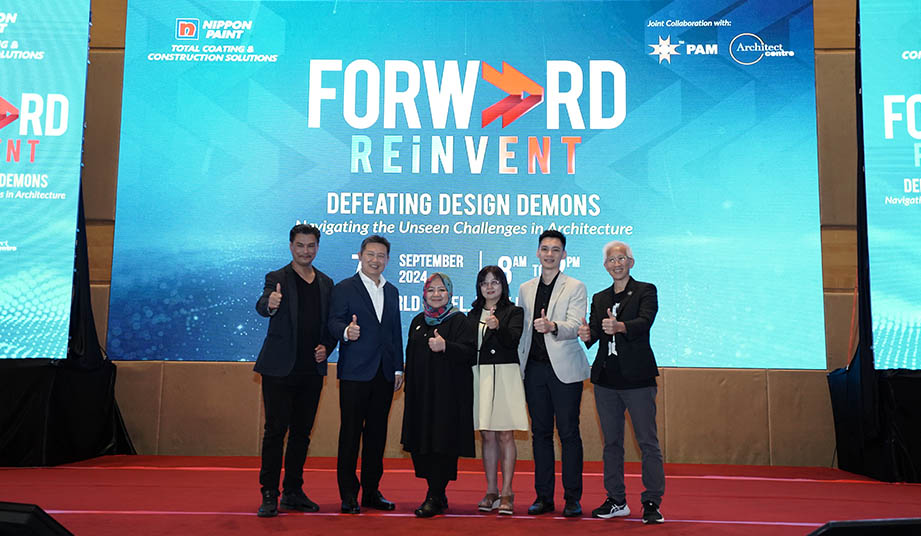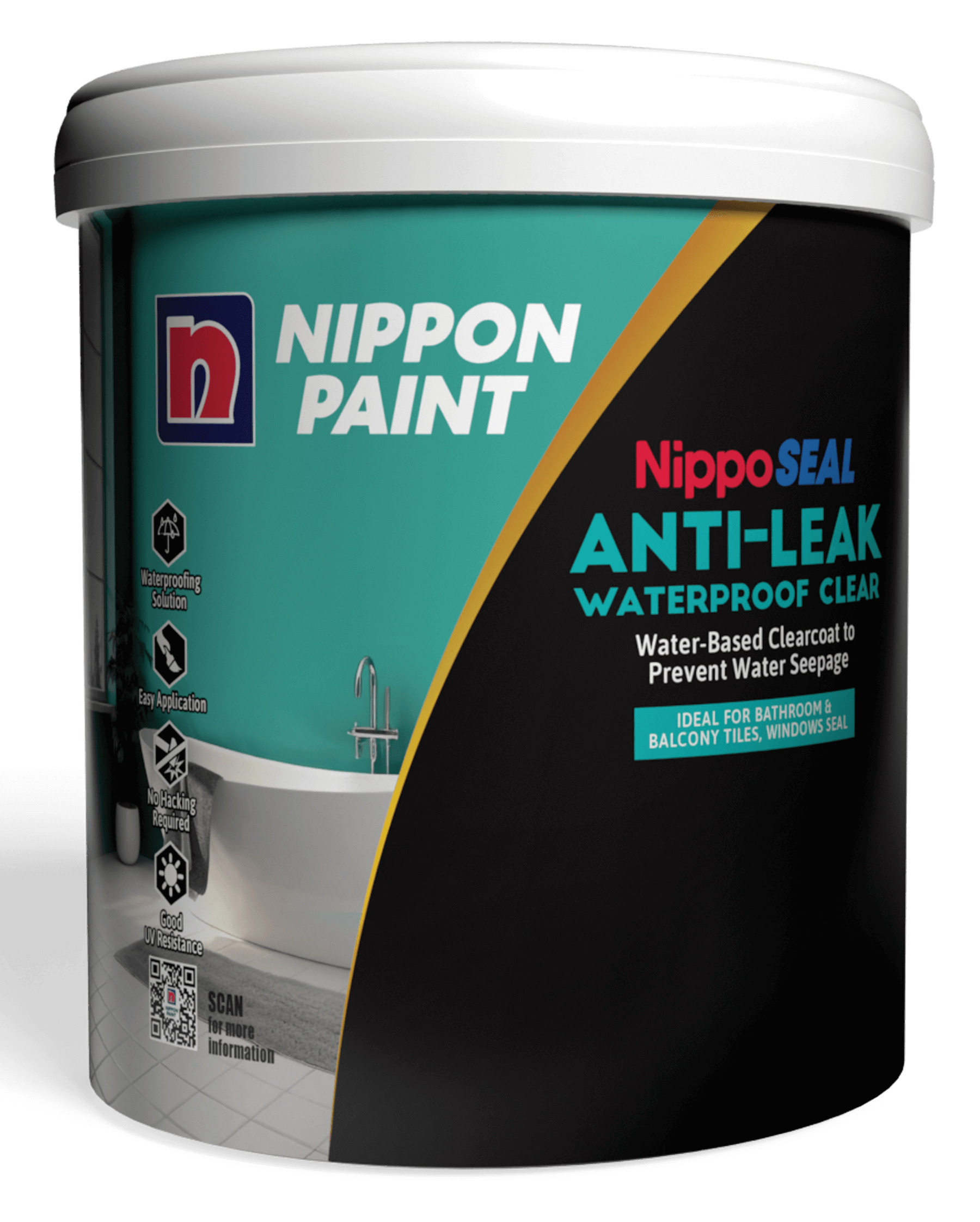
When it comes to building design, challenges are inevitable but they do not have to be catastrophic. Every structure, from residential homes to towering commercial buildings, faces the risk of defects. These defects can stem from issues in the design, materials or construction process, leading to compromised performance, safety hazards and potential financial nightmares. Among the most persistent and destructive issues in buildings is water leakage, which can deteriorate the structure, promote mould growth and drive up repair costs.
Water leakage is a common yet often overlooked problem in both residential and commercial buildings. While it may begin as a minor issue, such as a small drip from the ceiling or a damp patch on the wall, it can quickly escalate into a major problem. If left unaddressed, water infiltration can weaken the structural integrity of a building, increase the risk of mould and lead to costly repairs.
Water can enter a building through various pathways, with the most common being poor waterproofing, faulty plumbing systems, cracked roofs and defective window and door installations. Over time, these issues can worsen due to natural wear and tear or environmental factors, such as heavy rainfall or temperature fluctuations. The consequences of water leakage go beyond mere inconvenience. Mould and mildew growth can pose serious health risks to occupants while structural damage can lead to long-term safety concerns. Beyond these immediate dangers, unresolved water issues can also decrease the value of the property, making it harder to sell or lease.
The consequences of water leakage go beyond mere inconvenience. Mould and mildew growth can pose serious health risks to occupants while structural damage can lead to long-term safety concerns. Beyond these immediate dangers, unresolved water issues can also decrease the value of the property, making it harder to sell or lease.
To help tackle these challenges head-on, Nippon Paint Malaysia in collaboration with the Malaysian Institute of Architects (PAM) and Architect Centre brought together over 300 professionals from the construction industry, including architects, contractors, property developers, engineers and quantity surveyors, for the Defeating Design Demons: Navigating the Unseen Challenges in Architecture seminar. The event focused on addressing the hidden complexities that often arise during architectural design and construction.
The seminar highlighted the importance of overcoming unforeseen hurdles while maintaining the integrity, safety and functionality of buildings. Among the key topics discussed were the challenges of waterproofing, material incompatibility and budget constraints, all of which can jeopardise a project’s success. “Great designs emerge from solving the unseen complexities of architecture,” said PAM president Adrianta Aziz in his opening remarks. “While we celebrate the beauty and innovation of design, we must also acknowledge the often hidden challenges that can disrupt even the best-laid plans.”
Design vs Reality
One of the key speakers at the event, DP Architects director Ellina Rahman, shed light on the challenges architects face in translating their designs into reality. She referenced the What You See Is What You Get concept in architecture, which suggests that the visual representation of a design will closely match the final constructed outcome. However, in practice, this concept is more of an ideal than a guarantee.
According to Ellina, the reality of architecture is much more complex. While the initial designs may look flawless on paper or in digital models, the process of bringing those designs to life is fraught with unforeseen challenges. From material availability to budget limitations and site conditions, architects must constantly adapt to ensure their visions are realised in a practical and functional manner.
“Architecture is not just about creating visually appealing structures,” Ellina emphasised. “It’s about ensuring that those designs are logical, functional, and built to withstand the test of time.” She added that staying updated with the latest construction trends and continuously learning are crucial for architects to succeed in today’s fast evolving industry.
Real World Hurdles
Architect Centre accredited architect and trainer Anthony Lee Tee offered insights from the trenches of construction and project management, focusing on the technical and human challenges that can derail projects. He pointed out that one of the most frequent and frustrating issues in construction is waterproofing failures. “When waterproofing is done poorly, it leads to significant problems like leaks, which can require extensive and expensive repairs,” said Lee. “What could have been a simple, preventative fix often turns into a massive job requiring us to hack into concrete slabs just to address what was done poorly the first time.”
Lee also highlighted the challenges of managing a large workforce, particularly in labourintensive construction projects. “The lack of skilled workers for specialised tasks is a recurring issue,” he explained. This deficiency complicates project execution and increases the likelihood of defects. Additionally, Lee spoke about the inconsistencies in material specifications across different projects. “When materials don’t meet the required standards, it creates quality and compliance issues that can lead to disputes between contractors, architects and clients,” he noted.
Furthermore, Lee addressed the challenge of ensuring effective communication between architects and engineers. Miscommunication, he said, often leads to design flaws and construction delays. “Regulatory compliance adds another layer of complexity, especially with mandatory requirements like the use of industrialised building systems (IBS),” he added. “While IBS is intended to improve efficiency, adapting to these new methods can disrupt traditional workflows.”
Prevention Better Than Cure
Waterproofing is one of the most critical aspects of construction, particularly in regions prone to heavy rainfall or humidity. Nippon Paint senior manager Ester Goh said the challenges associated with waterproofing, which range from material selection to timing and site coordination.
“Proper waterproofing requires more than just the right materials,” said Goh. “It also demands meticulous planning and coordination to ensure long-term effectiveness.” She emphasised that waterproofing failures are often the result of improper application or reliance on subpar materials, which can lead to water infiltration in key areas like roofs and basements. Goh also touched on the importance of quality control during the waterproofing process. “Even the best waterproofing materials won’t work if they aren’t applied correctly,” she warned. “Getting it right the first time is crucial to avoid costly repairs down the line.”
Ultimately, water leakage may be a common building defect but it is also one of the most preventable. The seminar made it clear that with proper planning, high-quality materials and regular maintenance, many of the challenges that lead to building defects can be addressed early on, minimising damage and avoiding costly repairs.
By investing in robust waterproofing systems and staying vigilant about construction quality, building owners can protect their properties from the devastating effects of water leakage. And while the design demons may always be lurking, they can be defeated - one well-executed project at a time.
Call Nippon Paint for Your Total Coating & Construction Solutions Needs.
Customer Careline: 1-800-88-2663
E-mail: customercare@nipponpaint.com.my


